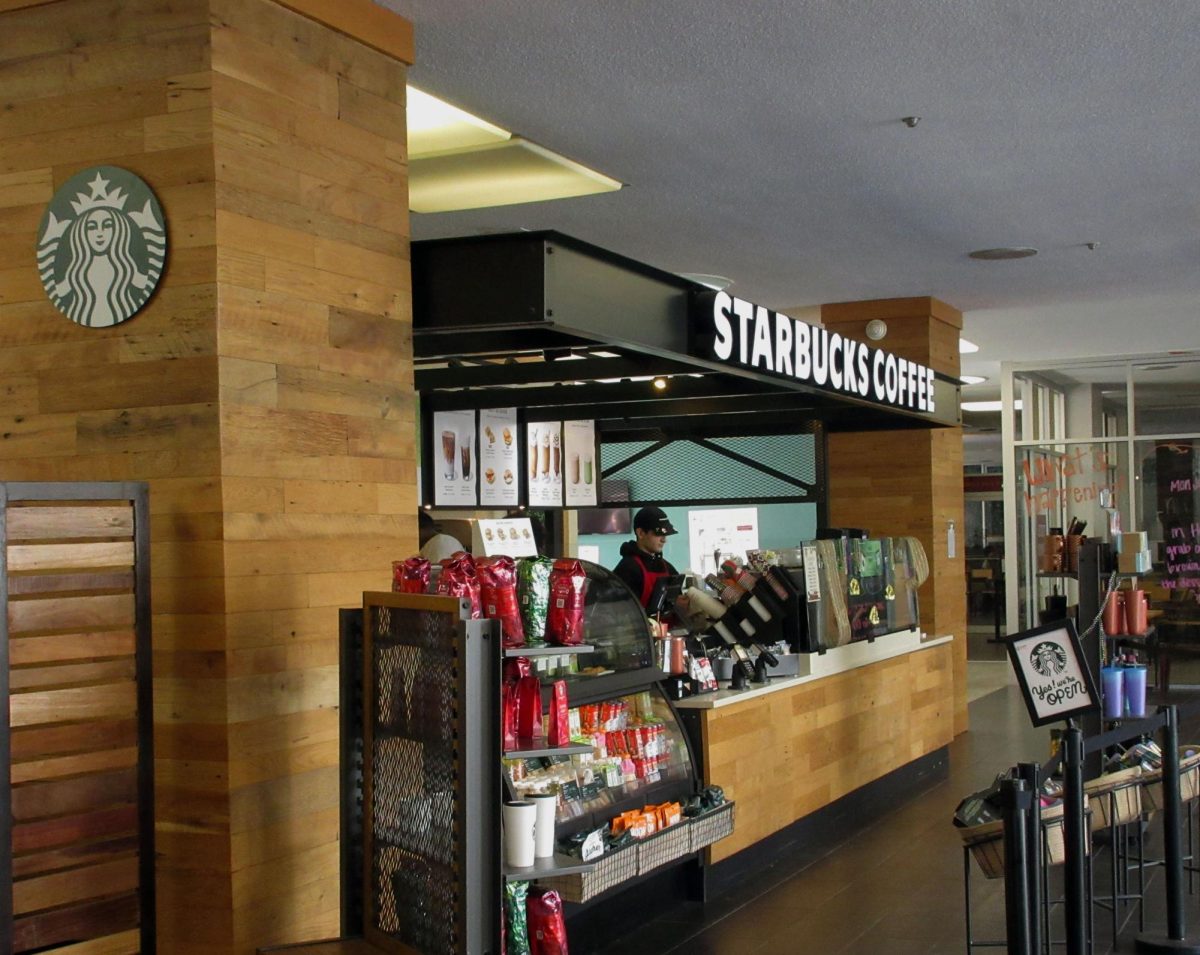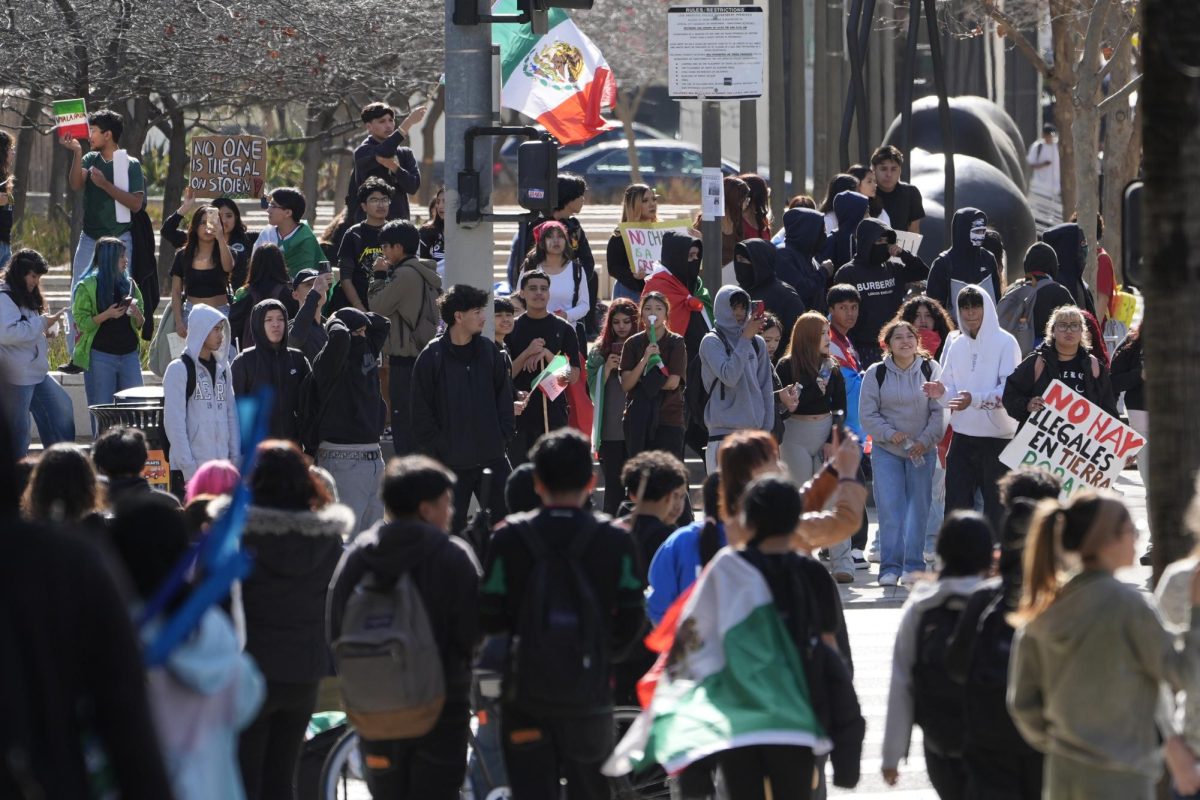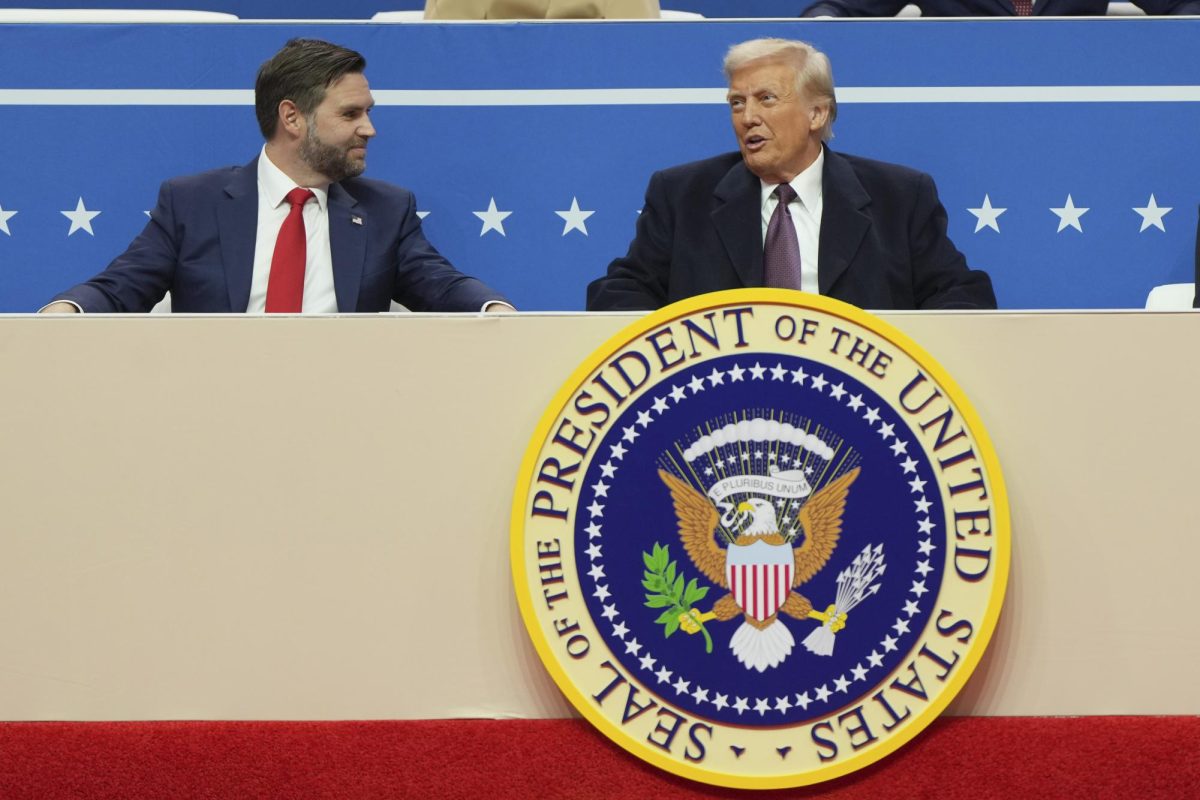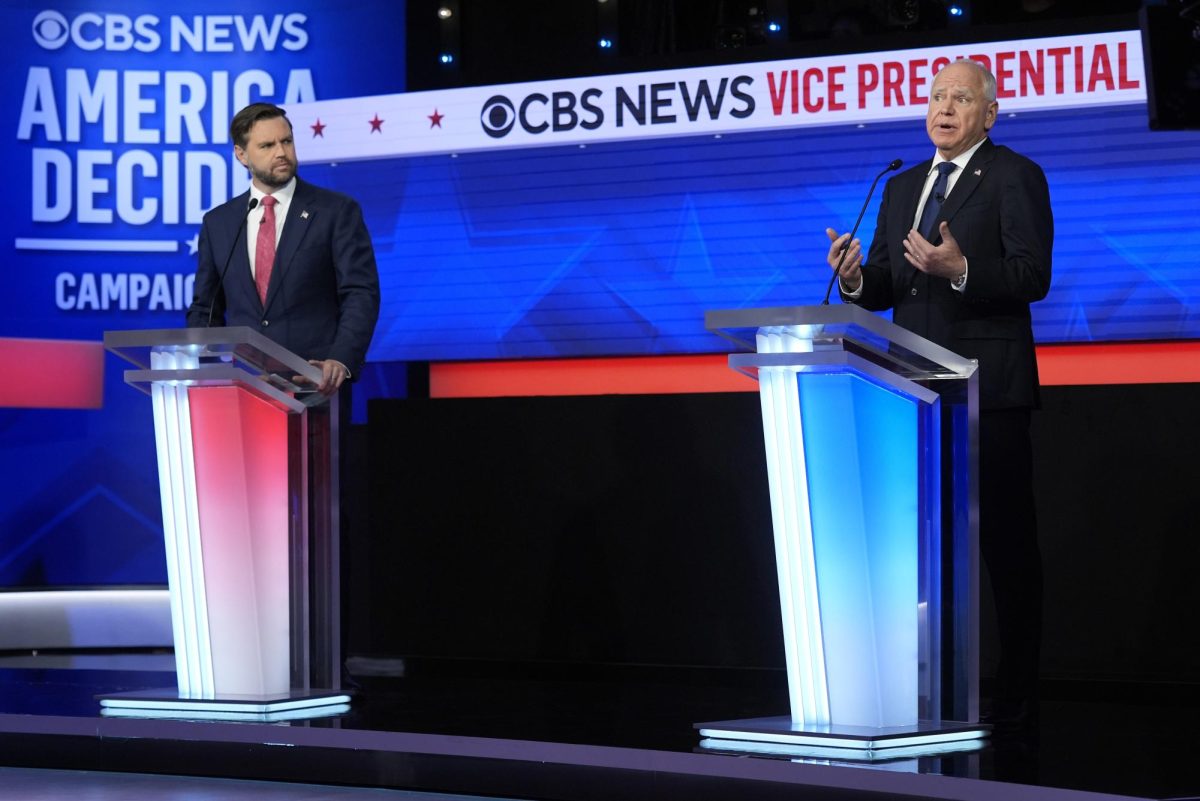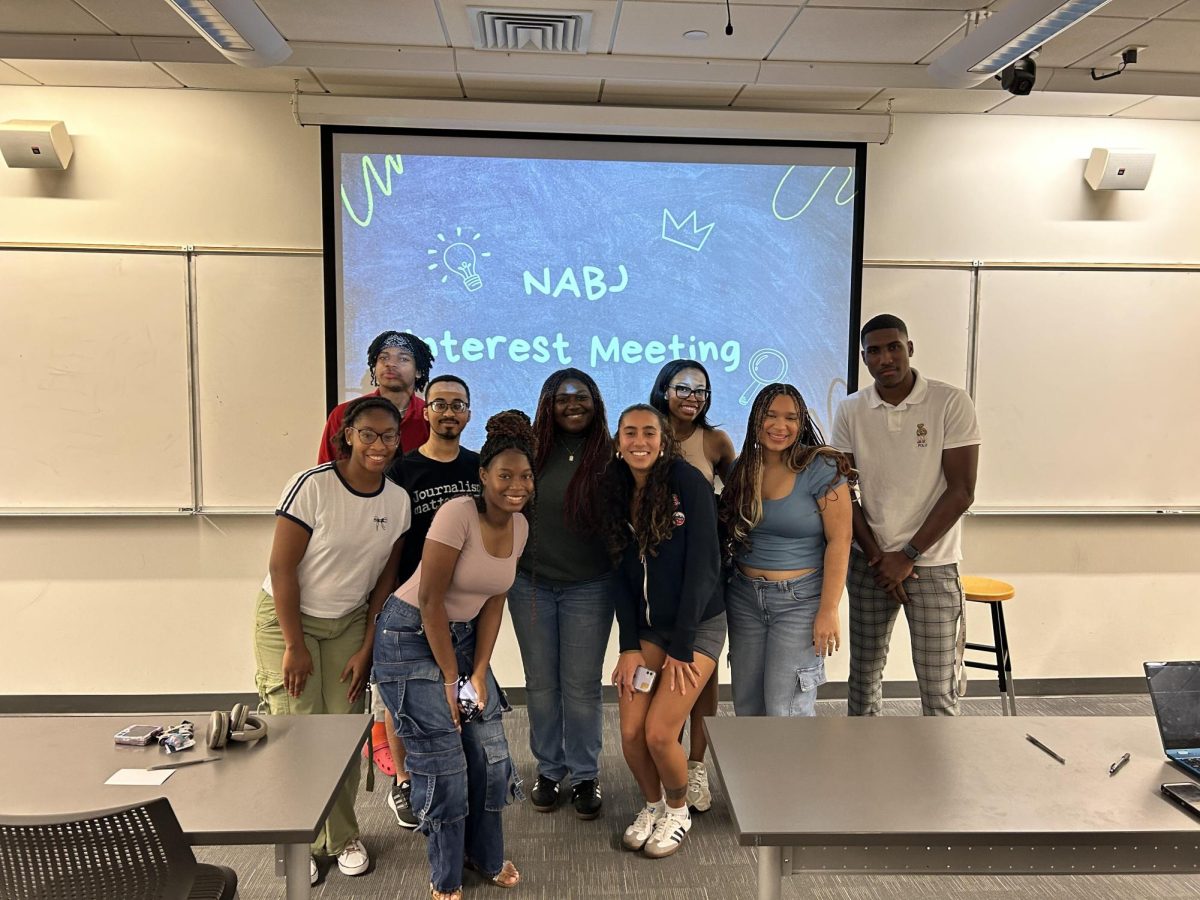As students enter a new semester, some aim to leave behind their former favorite campus coffee spot – Starbucks.
This shift comes following widespread calls to boycott the corporation due to their treatment of workers and political leanings, which is primarily a social media movement. On the popular video platform TikTok the hashtag #boycottstarbucks has received over 216 million views.
Starbucks corporate has repeatedly denied these accusations, and said that they do not offer the Israeli government or military financial support and are in support of workers’ efforts to gain better treatment. However, activists and workers disagree.
Activists often point to Starbucks’ recent lawsuit against their nationally recognized union, Starbucks Workers United.
This lawsuit is on the grounds of trademark infringement for use of the “Starbucks” company name and logo without proper permission. But, since this lawsuit came after a social media account associated with the union made a post in favor of Palestinian liberation, many feel that it is indicative of the company’s stance on the conflict.
This is far from the first time Starbucks corporate has butted heads with their workers. One such instance occurred right in Loyola’s backyard.
Loyola freshman sociology major Em Bay said the recent trademark-related lawsuit was simply the last straw and finalized their decision to stop frequenting Starbucks. Bay added they have no intentions of supporting the corporation at any point in the future.
“Honestly, after seeing how they are dealing with this genocide, I would stay away,” Bay said.
Loyola computer science senior Zaynad Zeini said organized boycotts are an accessible and easy form of protest, as they operate by utilizing the publics’ monetary power.
She added that even those who are unable to stop buying Starbucks completely can participate by limiting the amount of money which they spend on the company’s products.
“It’s really so simple. It’s just a matter of not spending money,” Zeini said.
She feels that participation in the boycott, as well as other protests, has fostered greater community connection. Specifically, Zeini noted the ways New Orleanians have come together to show support for Muslim communities in the area.
She further said that participating in the boycott has forced her to rethink her habits as a consumer and consider what companies their money goes to.
“I used to be a pretty avid Starbucks customer, like an everyday kind of thing,” Zeini said. “But I just changed my habits and if anything, I would say it has changed for the better.”
She added that she no longer feels that she is wasting money on “coffee that isn’t that good” and has instead started frequenting locally-owned coffee shops, many of which they would have never explored otherwise.
This sentiment is shared by environmental studies freshman Sophie Schnapp.
“It’s clear where their position stands, and it doesn’t make me want to give them business when I can go to a local small business,” Schnapp said.
While the boycott’s overall effectiveness is up for debate, both Bay and Schnapp said that they have seen considerably less people lined up, waiting to order at the Danna Center Starbucks. Bay added that they have seen more people on campus carrying cups from alternative coffee shops, such as PJ’s Coffee or Dunkin’ Donuts.
Additionally, recent discounts and deals publicized on campus have left students wondering if the location is strapped for cash.
Former campus Starbucks employee and hip-hop and R&B sophomore, Spirit left the location to focus on music. However, during his time of employment, Spirit was involved with the campus Sodexo worker’s union.
He said based on his experience while employed, there is a definite need to protect workers rights both at Starbucks and beyond.
Loyola-Sodexo’s general manager, Charles Casrill, said that he is personally unaware of any Starbucks boycott and has not seen a significant decrease in on-campus sales.
Casrill added that, as a non-traditional location, the Starbucks on Loyola’s campus has access to different seasonal sales and that these sales account for discounted prices, rather than a decrease in the location’s revenue.
Elinor Upham contributed to the reporting of this story.


